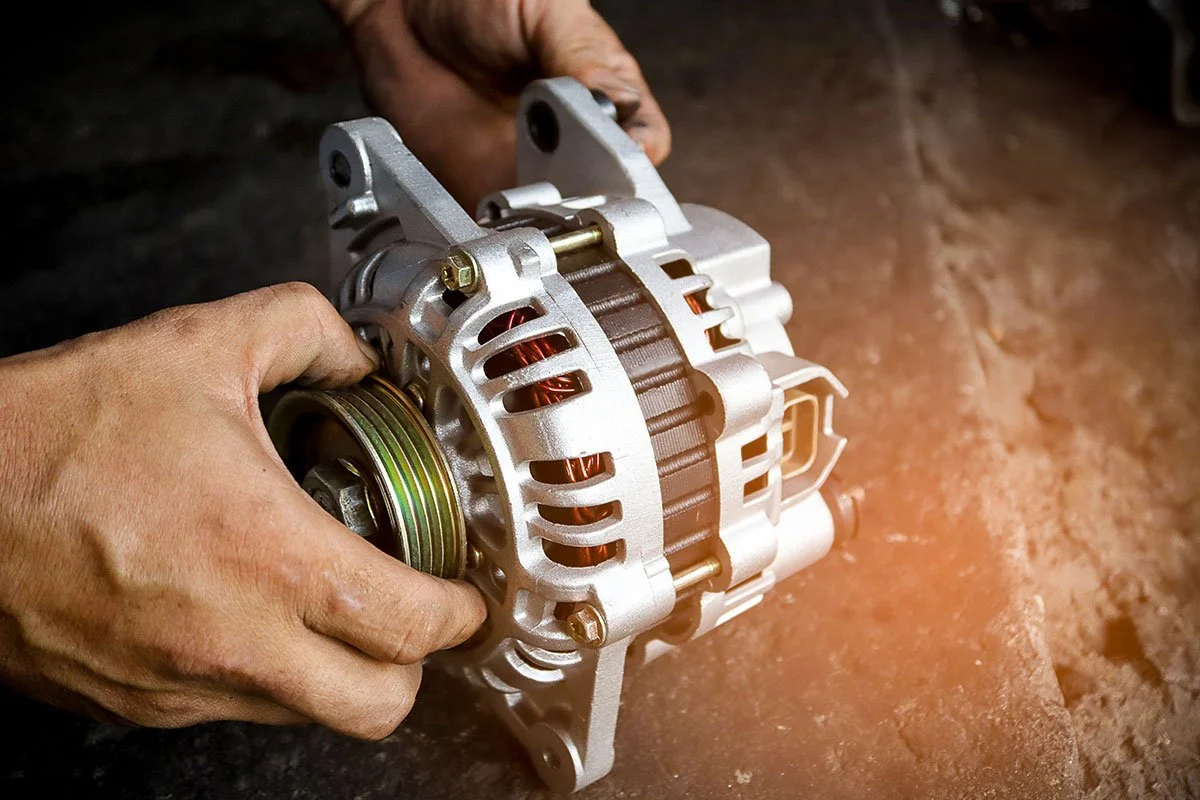Alternator and Electrical System: Keeping Your Alternator Running Smoothly During Summer Heat
As the summer heat intensifies, your vehicle's alternator and electrical system face increased demands. The alternator plays a crucial role in ensuring a steady supply of electricity to power essential components such as lights, air conditioning, and electronics. To prevent breakdowns and costly repairs during the hot summer months, it is essential to maintain your alternator and electrical system properly. Here are some tips to help you keep your alternator running smoothly and your vehicle performing at its best during the summer heat.
1. Regular Inspections
It is vital to have your alternator and electrical system inspected regularly by a professional mechanic. They can check for any signs of wear and tear, loose connections, or belt issues that could affect the performance of your alternator. Catching small problems early can prevent more extensive damage and costly repairs down the line.
2. Check the Battery
The alternator works hand in hand with the battery to power your vehicle. Make sure your battery is in good condition, with clean terminals and proper fluid levels. A weak or failing battery can put strain on the alternator and lead to premature failure. Consider having your battery tested to ensure it can handle the increased load of summer driving.
3. Keep It Cool
High temperatures can take a toll on your vehicle's electrical system, including the alternator. Make sure your engine cooling system is functioning correctly to prevent overheating, which can damage the alternator. Park your vehicle in the shade whenever possible and use a sunshade to protect the interior from heat, reducing the workload on the alternator.
4. Drive Wisely
Avoid putting unnecessary strain on your alternator by minimizing the use of electrical accessories while driving. Turn off non-essential electronics, such as heated seats or high-powered stereos, to reduce the load on the alternator. Additionally, try to avoid frequent short trips, as the alternator may not have enough time to recharge the battery fully.
5. Inspect the Belt
The alternator is driven by a belt connected to the engine. Inspect the belt regularly for signs of wear, such as cracks or fraying. A loose or damaged belt can cause the alternator to work harder than necessary, leading to premature failure. Have the belt replaced if you notice any issues to ensure smooth operation of the alternator.
6. Monitor Warning Signs
Pay attention to warning signs that could indicate alternator problems, such as dimming lights, strange smells, or unusual noises. If you notice any of these symptoms, have your alternator inspected by a professional mechanic immediately. Ignoring warning signs can lead to a sudden breakdown and potentially leave you stranded on the road.
7. Maintain a Clean Engine
A clean engine bay allows for better airflow and cooling, which can help prevent overheating of the alternator. Regularly clean the engine bay, removing any debris or buildup that could obstruct airflow around the alternator. A well-maintained engine is less likely to experience electrical issues due to heat buildup.
By following these tips and staying proactive about alternator maintenance, you can ensure that your vehicle's electrical system operates smoothly during the summer heat. A well-maintained alternator not only enhances the performance of your vehicle but also prevents unexpected breakdowns and costly repairs. Keep cool, stay proactive, and enjoy a smooth ride throughout the summer months.
Final Thoughts
Taking care of your alternator and electrical system is essential for the overall health and performance of your vehicle, especially during the summer heat. By following a regular maintenance schedule and addressing any issues promptly, you can ensure that your alternator runs smoothly and reliably. Remember, a well-maintained alternator is the key to a trouble-free driving experience, no matter how high the temperatures rise.




